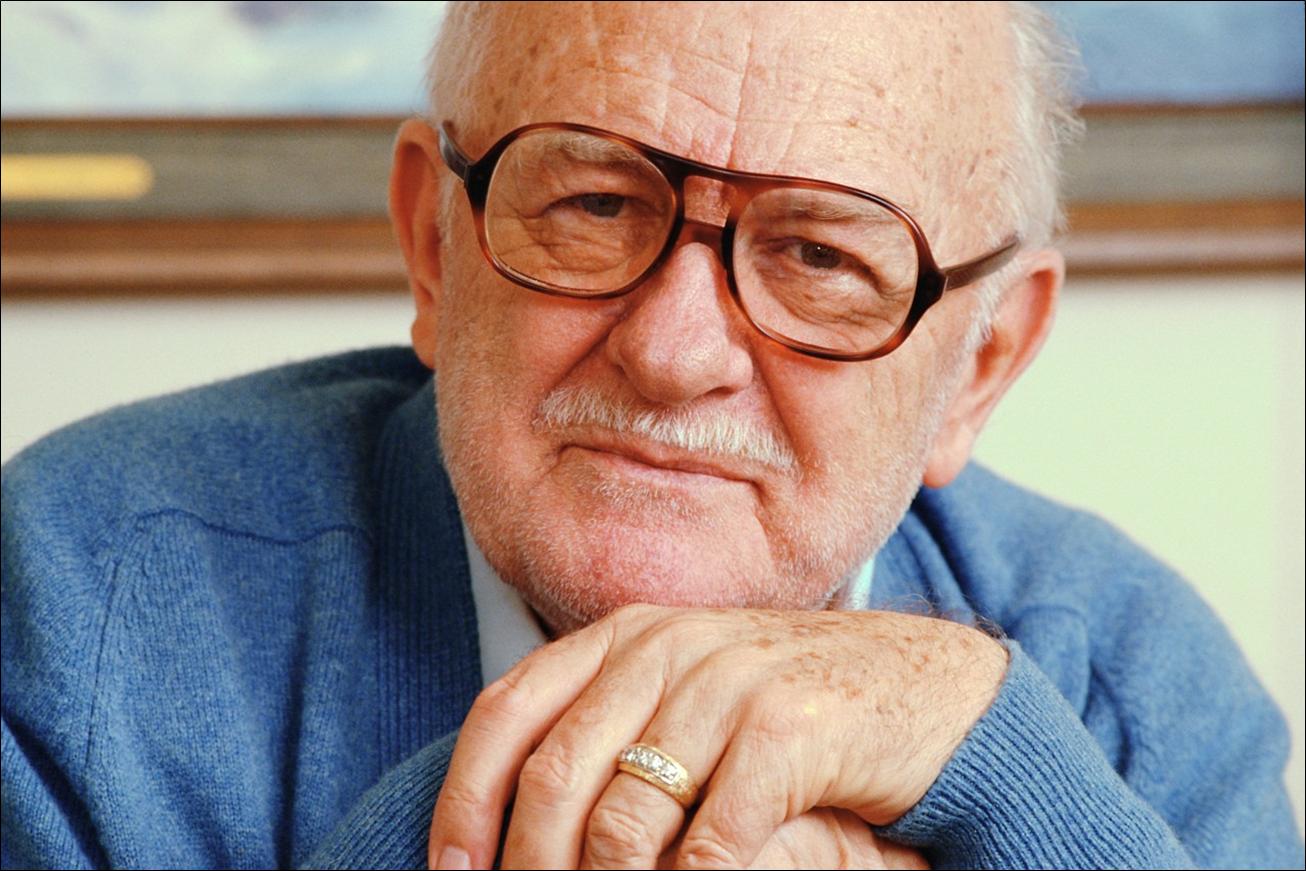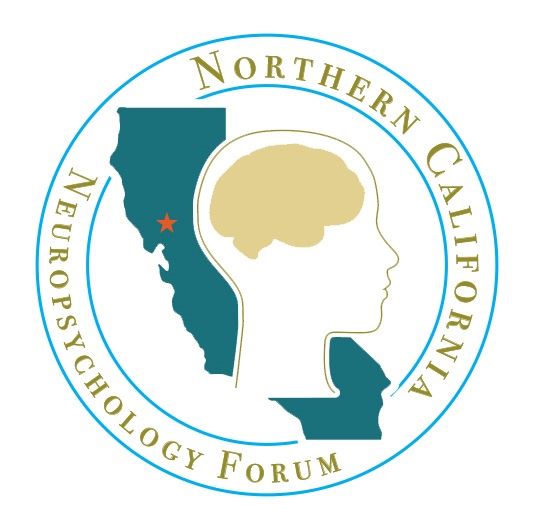Northern California
Neuropsychology Forum
Memory Disorders & Dementia

The normal process of getting older includes changes in the structure and workings of the brain. Tasks or abilities that may have come easily in the past, such as remembering names or directions, may be more difficult. However, for some, these changes in cognitive abilities may be greater than what would be considered part of the normal aging process. Changes in cognitive abilities may be the result of stress, depression, or an underlying medical condition. A decline in brain function may also be indicative of a dementia or other neurodegenerative disease process. If your memory problems are consistently interfering with your everyday life, it may be appropriate to discuss your concerns with your doctor. Examples of common problems include: repeatedly forgetting to take medications, having difficulty managing finances, and repeating the same question multiple times.
A comprehensive neuropsychological evaluation plays an important role in diagnosing dementia, with neuropsychologists working in conjunction with a patient's medical team. Neuropsychology also provides a unique opportunity to look at an individual's cognitive strengths and weaknesses, guiding treatment recommendations and planning. If you or others around you are concerned with changes in your memory or other cognitive abilities, discuss this with your doctor and request a referral for a neuropsychological evaluation. To find a local neuropsychologist, check the NCNF Provider Locator page on this website.
